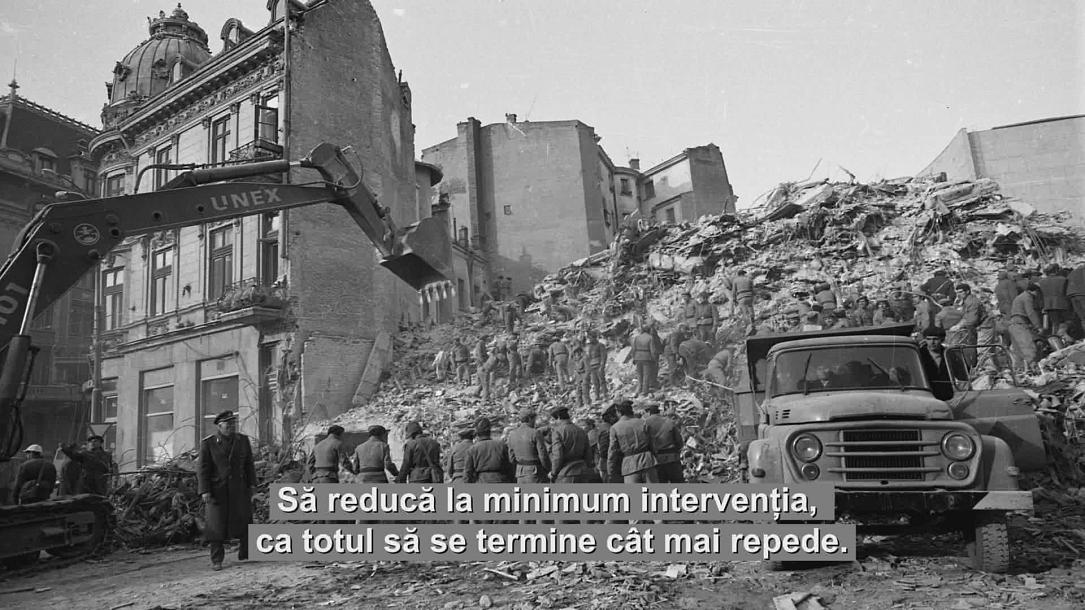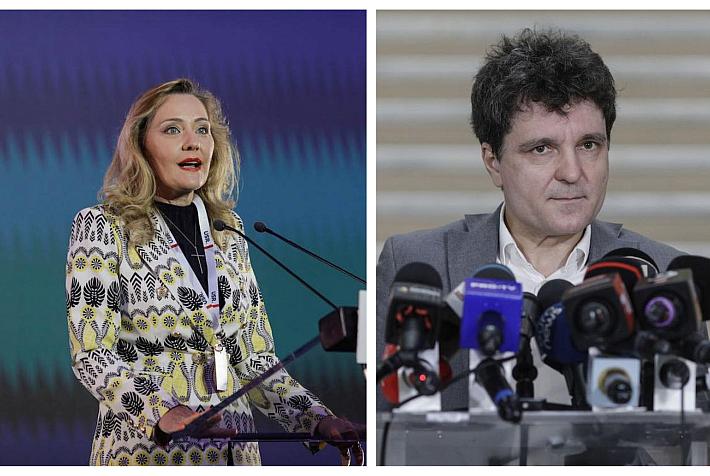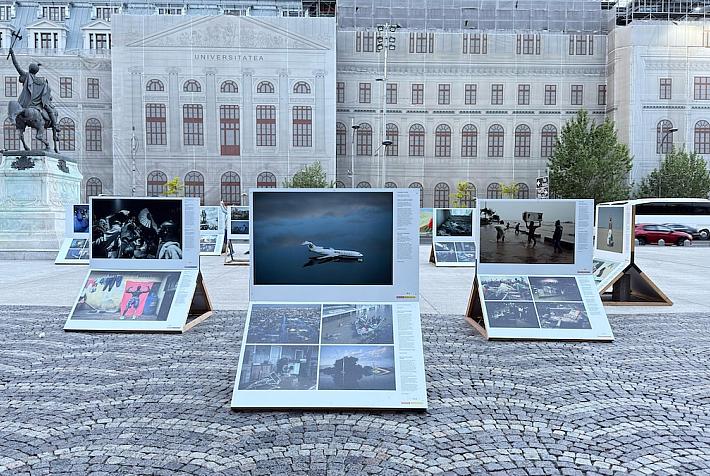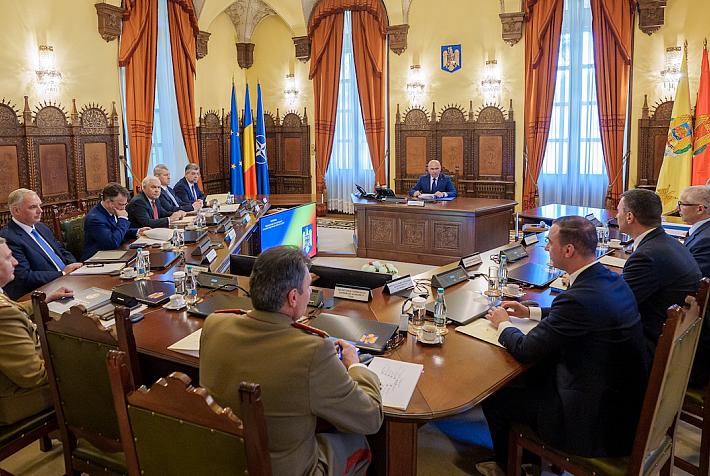Romanian film review – One World Romania & The Case of Engineer Ursu

Every year, mostly March, bring a piece on One World Romania, so here we are, same procedure. That is for good reason: the international documentary festival for human rights is always terrific, poignant, and urgent. In a most fitting coincidence, Liviu Tofan and Șerban Georgescu’s documentary Cazul inginerului Ursu/ The Case of Engineer Ursu has been released theatrically recently, and is a most topical companion to the human rights fest.
This year, to my great sadness, I cannot attend One World Romania in person, a first in years. The fest takes place until 14 April in Bucharest, and online between 15 and 25 April. There are titles in the selection I am thrilled to see featured and generally so much to recommend, so here we go!
Claire Simon’s Our Body/ Notre Corps is a remarkable look at women’s bodies, honest, moving, and inclusive. The observational doc is set in a gynaecology section of a Parisian public hospital. There are the happy times when babies are born, sad times when forms of cancer affect the breasts or reproductive organs, and everything in between. Trans women and gender transitioning patients are also featured, with empathy and kindness. The film is absolutely fascinating and increases the emotional heft when the filmmaker's body joins the observed ‘bodies’. The world “brave” is often used to describe filmmakers and their approach but it befits Our Body in its turn to the personal as well. Simon does not only observe, she also puts herself up for observation. I cannot speak from any other perspective than my own, but I would venture to say the film resonates with all viewers, and will certainly prove revelatory for some. A wondrous and necessary film, feminist, diverse, and humanist above all.
Paul B. Preciado’s Orlando, ma biographie politique/ Orlando, My Political Biography is the other major recommendation. The Orlando in the title is Virginia Woolf’s Orlando, the figure in her eponymous novel set initially in 18th century Britain who changes sex from male to female and goes on to live for centuries. Preciado, a trans philosopher and author himself, talks about his own transition and includes a multitude of trans and non-binary characters and bodies, all of them Orlandos finding and fighting for their place in the world. What may sound bookish or too serious is in fact a playful, fun, eye-opening, and truly uplifting portrait of diversity and community, a wonderfully plea for individual freedom and – to keep the shape-shifting metaphor - in the shape of a wonderfully original docu-hybrid, one of the best films I saw in 2023.
As a side programme, the always delightful Sahia Vintage returns, which is fabulous news, together with its initial curator, Adina Brădeanu, a knowledgeable and most lively host. The project has been selecting documentaries on different topics, all commissioned by Alexandru Sahia documentary studio between 1950 and 1990, and this year it looks at newsreels.
Cazul inginerului Ursu/ The Case of Engineer Ursu is a documentary that is just as urgent. Narrated mostly by the eponymous character’s son, Andrei Ursu, the doc tells his story in a decade-long struggle to shine light on his father’s death and demand justice, initiating a trial for crimes against humanity.
In 1977, in the aftermath of the devastating Bucharest earthquake, a team of architects and engineers were commissioned to check buildings and improve their structure. As it turned, they were too expensive so Ceaușescu ordered the teams to stop their project. Gheorghe Ursu was one engineer who could not stay silent on the matter. His personal diaries, written over decades, were further reasons for his imprisonment and persecution by the Securitate. Gheorghe Ursu died in November 1985 in prison, according to medical reports due to beatings and abuse. In a terribly fitting timing (and truly terrible piece of reality), the film couldn’t be more timely as the Bucharest High Court of Cassation and Justice finally acquitted the accused torturers, two Securitate generals, in July 2023, after a lengthy trial and despite many documents and testimonies. Ursu was by far not the only dissident tortured or murdered in communist prisons, so this decision is particularly infuriating and an obvious sign of a political and judicial system unable (or rather unwilling, as the film shows in detailed information) to take responsibility and face its crimes (not just past ones, many would argue).
Shot in a conventional, unfussy manner, with talking heads and voice-over, the pic gets more interesting when archive material is included and especially through the selection of songs from the 1970s and 1980s, both underlining Ursu’s actions and in ironical contrast to the communist regime and its propaganda and distortions. Carried by Andrei Ursu’s moving, eloquent, and lucid presence, the film moves like a procedural, engaging on a personal level and historically revelatory for many, especially younger audiences or those unfamiliar with the case. Cazul inginerului Ursu is still in selected cinemas and on tour (see its FB page).
By Ioana Moldovan, columnist, ioana.moldovan@romania-insider.com
(Photo info & source: still from The Case of Engineer Ursu @Kolectiv Film)











